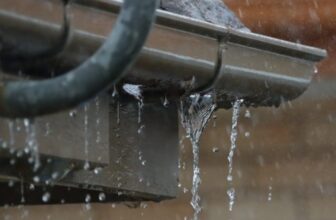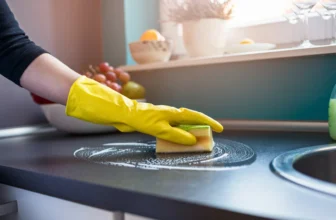
An overflowed or leaking basement is a significant wellspring of worry for any property holder. What seems, by all accounts, to be a minor dribble or break could be an admonition sign that requires quick activity on your side. Dampness in your home’s basement can prompt many expensive and tedious issues. Water in the basement can cause various issues, going from perilous form development to underlying harm to your home. Basement waterproofing is the solution to your problem. Find here the best Michigan basement waterproofing services.
Waterproofing a basement from the inside is a popular choice because it does not require substantial external excavation and may be completed quickly and inexpensively in some situations. This likewise creates an appealing open door for do-it-yourselfers, who, no matter their expertise level, ordinarily neglect to stop the leakage since they need admittance to the right materials or the information to execute long haul fixes.
Table of Contents
Is It Possible To Waterproof A Basement From The Inside?
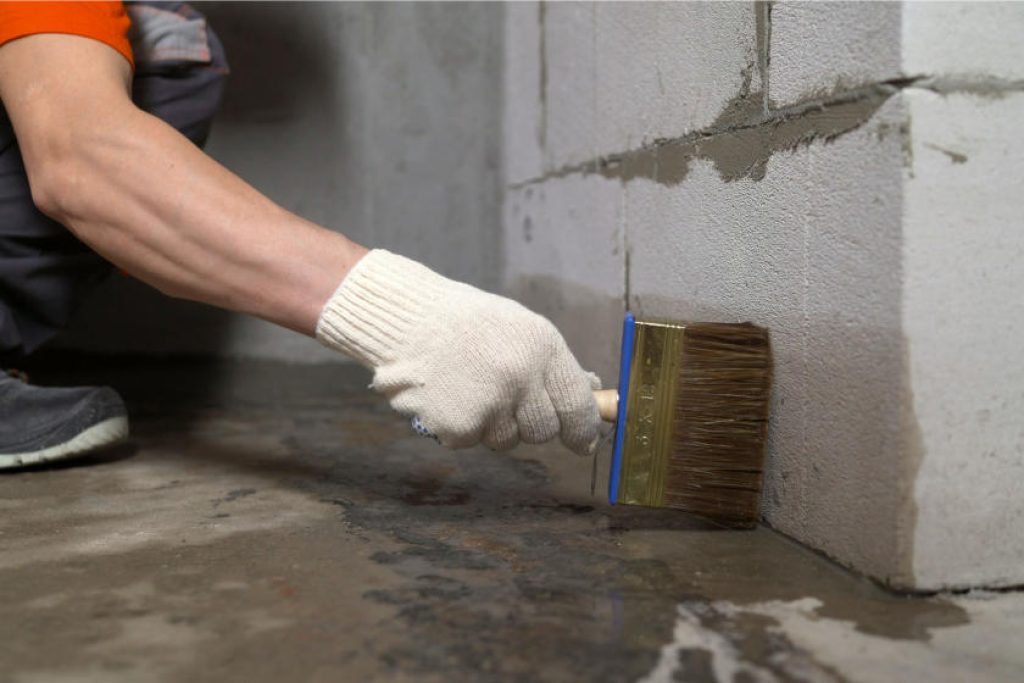
Source: truevalue.com
Because basements are below grade, they are designed to absorb water. Humid basements can weaken your foundation’s pillars, cause harm to store things, encourage mold growth, and lower the market value of your home. Homeowners are concerned about water seepage into the basement. A small drip or puddle may appear to you as a minor inconvenience, but it is a warning sign of a larger problem.
Due to costly repairs, too humid basements can drain your wallet. As a result, learning how to keep your basement dry is essential.
What is Interior Basement Waterproofing?
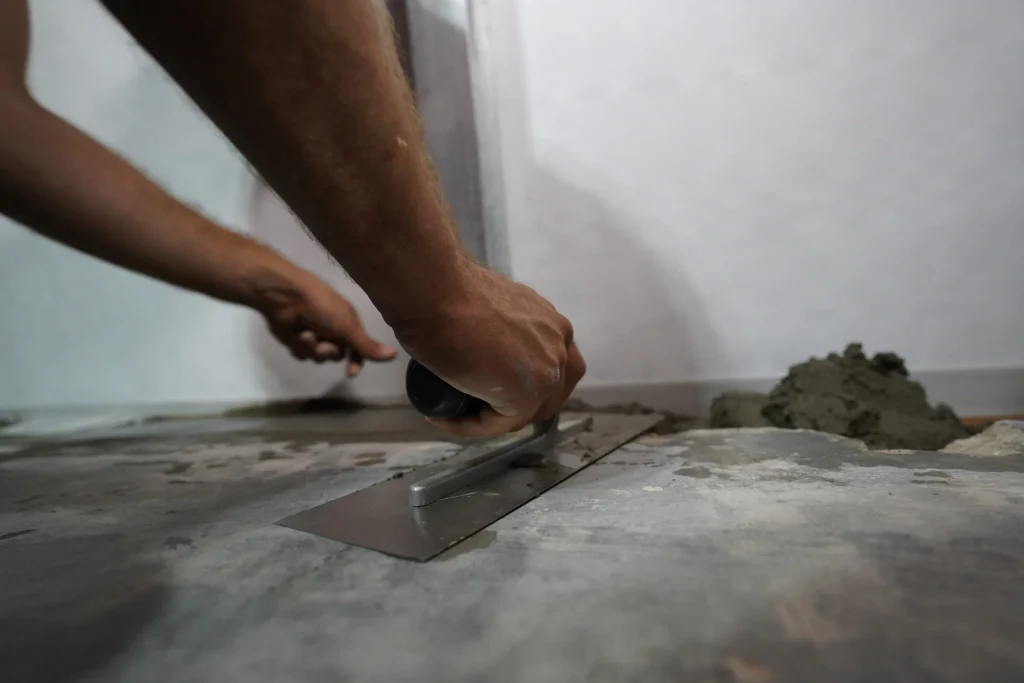
Source: bakerswaterproofing.com
When the first evidence of a water leak or fracture appears, Do-It-Yourselfers apply quick, easy interior basement waterproofing procedures. Coatings and sealants and a dehumidifier for reducing condensation in the basement could be used as a temporary remedy for internal waterproofing.
Other common internal basement waterproofing issues for homeowners are simple and cost-effective. Existing holes or cracks in the basement’s walls, floors, or ceilings are sealed and rendered watertight. Cracks and holes can be sealed using special sealants like hydraulic cement.
An inside storm cellar waterproofing framework may successfully oversee water under your floor by removing groundwater before it contacts your floor. Some large franchise systems manage water at practically floor level, making it impossible to keep moisture out and keep walls and floors dry. Ensure you obtain a system that keeps water in the right place under your floor. The best part is that you don’t have to remove any of your landscape with an external excavation project. Most interior waterproofing systems can be completed in two to three days when installed appropriately.
The sump pump establishment is basically as basic as the inside basement waterproofing framework. If appropriately positioned, it will eliminate a huge number of gallons of water each hour by utilizing a release line that feeds to an outside seepage bowl. On the off chance that there are channel grates in the basement floor focus, a sump pump station isn’t needed. A seepage entry takes off from the establishment under the floor of those meshes. They aren’t generally sufficient to get groundwater in the middle between the dividers and the floor.
Vapor barriers are an additional way of indoor waterproofing. These are plastic or foil sheets that are put along the basement walls to keep moisture out. Interior waterproofing, in addition to an interior drainage system, seals any fractures or breaches that allow water to enter the basement. These may be simply sealed to keep moisture and humidity out of your home. The risk of a flood in your basement can be considerably reduced by investing in a solid internal waterproofing system. These drainage systems are simple and often less expensive than outside waterproofing.
Importance of Basement Waterproofing
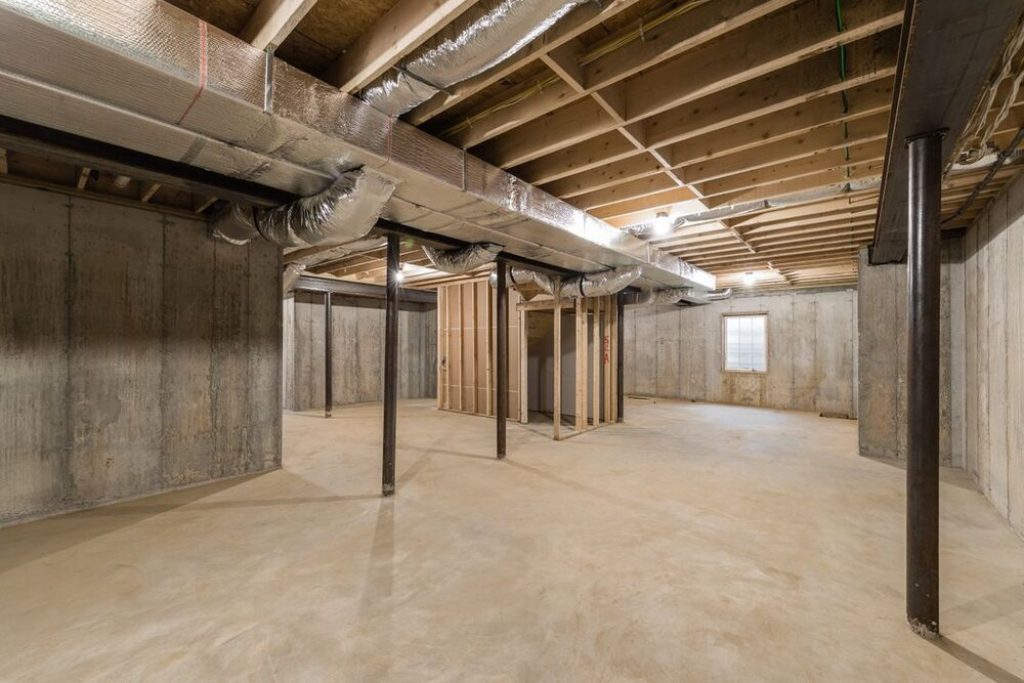
Source: signaturebuildingsystems.com
Interior basement waterproofing is often underestimated, yet it provides significant protection for your property. Basement waterproofing’s relevance and protective qualities are addressed below:
-
Safeguard the foundation of your home
The foundation includes the basement. It is the foundation that ensures the stability and safety of your home building. There is a possibility that your structure will develop serious foundational difficulties if water seeps into the foundation. Building settling and cracks are examples of such harm.
Waterproofing can help to prevent foundation issues straight away. It’s a way to make your building last longer. A solid foundation also provides peace of mind to the residents.
-
Maintain the safety of your assets
In many homes, basements have many uses. Extra space for storage is all possibilities. Your basement must be waterproofed if it is utilized for any of these purposes. When exposed to water for an extended period of time, most goods suffer considerable harm. Before waterproofing the basement, verifying the water resistance of stored things is not essential.
Waterproofing keeps moisture out of your basement and prevents damage. Furthermore, even the tiniest evidence of water seepage will make it unlivable if it is a spare room.
-
Flood protection
Basements are especially vulnerable to flooding. This is especially true in basements below the foundation level. The problem is mostly caused by rising groundwater levels and flash floods. If repeated flooding is allowed, significant damage to your property may occur. Basement flooding is prevented by using basic waterproofing procedures, which also protect the rest of the building.
Conclusion
Basement waterproofing is a simple approach to extending the life of your building’s foundation and structure. Waterproofing your basement protects your belongings if you use it for storage. It’s an excellent approach to avoid water seepage and flooding. Waterproofing protects against mold and bug infestations. Waterproofing your basement also saves you money on energy and repair costs. Waterproofing boosts the overall value of your home.
Only waterproofing the interior of a basement isn’t a long-term solution. Assuming the basement’s exterior is debilitated, it might give you some time; however, it will not forestall all hardships. Dampness in the basement is normally brought about by an issue outwardly of the basement. Dampness and mold can spread all through your property if you ignore the necessity of external waterproofing. You may create the most robust basement possible by combining interior and outdoor waterproofing.



